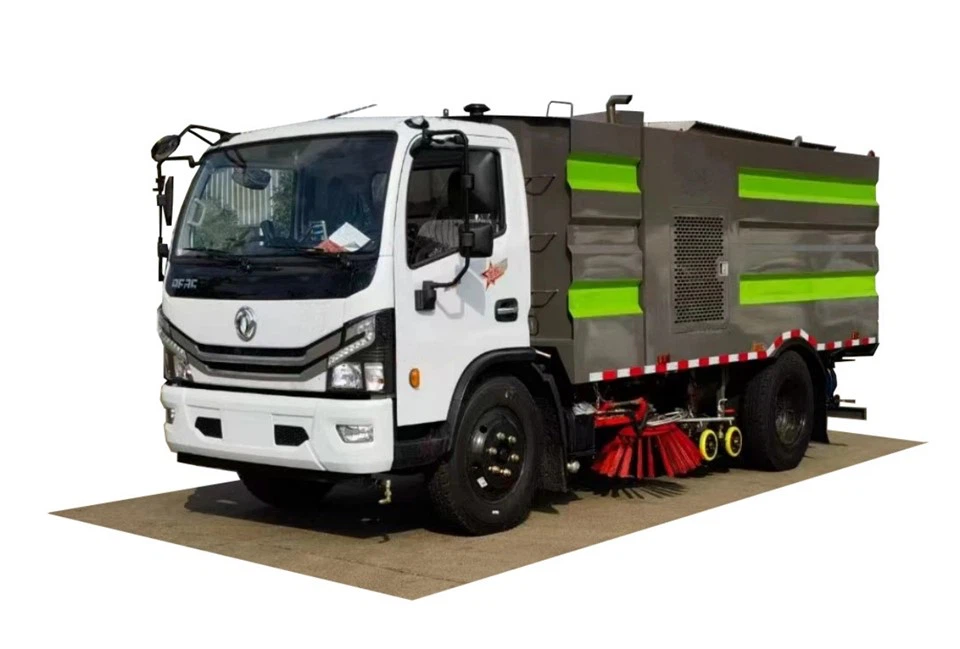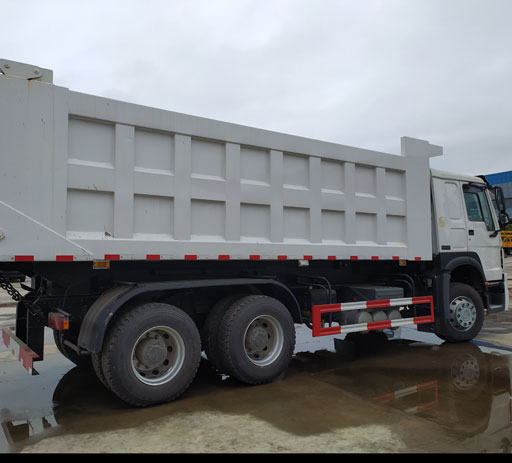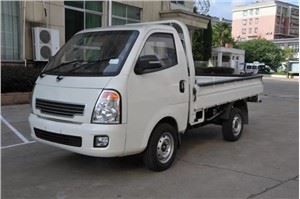Understanding Street Sweeper Cost: A Comprehensive Guide

Introduction
Street sweepers are essential for maintaining cleanliness in urban areas, removing debris, litter, and pollutants from roads and pavements. The cost of street sweepers can vary significantly based on several factors, including type, size, features, and whether you’re purchasing or leasing. This article provides an in-depth look at the costs associated with street sweepers, helping municipalities, businesses, and individuals make informed decisions.
Types of Street Sweepers
The first step in understanding street sweeper costs is to know the different types available. Here are the main categories:
1. Vacuum Street Sweepers
Vacuum street sweepers utilize powerful vacuums to suck up debris and dust from the surface. They are effective for urban environments where dust control is crucial.
Advantages
- Highly effective in picking up fine dust and small particles.
- Typically quieter than mechanical brooms.
Cost Range
The cost for new vacuum street sweepers can range from $100,000 to $300,000, depending on size and technology.
2. Mechanical Broom Sweepers
Mechanical broom sweepers use rotating brushes to fling debris into a hopper. They are commonly used for general street cleaning.
Advantages
- Cost-effective for routine cleaning.
- Simple to operate and maintain.

Cost Range
The price for mechanical broom sweepers typically ranges from $50,000 to $150,000.
3. Regenerative Air Sweepers
These sweepers use a combination of air and brushes to clean the street surface. They are efficient for both vacuuming and blowing debris.
Advantages
- Less water usage, which can save costs in areas with water restrictions.
- Great for picking up large debris alongside finer particles.
Cost Range
Regenerative air sweepers can cost between $150,000 and $400,000.
Factors Affecting Street Sweeper Costs
Several factors can influence the price of street sweepers. Understanding these can help in budgeting effectively.
1. Size and Capacity
Larger street sweepers can handle more debris, which can justify their higher cost. Smaller sweepers are often less expensive but may not meet the demands of larger areas.
2. Features and Technology
Advanced technology features such as GPS tracking, automated operating systems, and enhanced filtration systems add to the cost but can improve efficiency and reduce operational costs.
3. New vs. Used
Buying used street sweepers can significantly reduce initial costs. However, they may require more maintenance and lack modern features found in new models.
4. New Technologies
As manufacturers innovate, new technologies such as hybrid or electric street sweepers are becoming available. These options often come with higher upfront costs but can save money in fuel and maintenance over time.
Operating Costs of Street Sweepers
The initial purchase price is just part of the cost of owning a street sweeper. Here are some ongoing expenses to consider:
1. Fuel and Energy Costs
Fuel consumption varies depending on the type of sweeper. For instance, electric sweepers incur electricity costs but can reduce fuel expenditure overall.
2. Maintenance Expenses
Regular maintenance is essential to keep a street sweeper in good working order. Annual maintenance costs can average between $20,000 and $50,000.
3. Labor Costs

Operating a street sweeper requires a qualified driver and possibly a maintenance technician. This adds to operational costs.
Funding Options for Street Sweepers
Municipalities and businesses often need funding to purchase street sweepers. Here are some options:

1. Grants and Funding Programs
Various federal and state programs provide grants to help local governments buy street sweepers, particularly for environmentally beneficial models.
2. Financing and Leasing Options
Leasing can be a more affordable option for many organizations, allowing them to use the latest models without the hefty upfront costs.
3. Purchasing Options
When purchasing a street sweeper outright, consider negotiating with manufacturers or dealers for better prices, especially if buying multiple units.
Case Study: Cost Analysis of Street Sweepers in a Medium-Sized City
Consider a medium-sized city looking to upgrade its street cleaning fleet. Here’s a breakdown of potential costs:
| Type of Sweeper | Cost (New) | Number of Units | Total Cost |
|---|---|---|---|
| Vacuum Sweepers | $150,000 | 2 | $300,000 |
| Mechanical Broom Sweepers | $80,000 | 3 | $240,000 |
| Regenerative Air Sweepers | $250,000 | 1 | $250,000 |
| Total Cost | $790,000 | ||
This analysis provides insights that going for a mix of sweepers can balance both the budget and efficiency requirements.
Best Practices for Purchasing Street Sweepers
Choosing the right street sweeper requires careful consideration. Here are some practical tips:
1. Assess Cleaning Needs
Evaluate the areas needing cleaning. Urban settings may require different types of sweepers than suburban or rural areas.
2. Consider Environmental Impact
Opt for environmentally friendly models that comply with local regulations, which can help secure grants and funding.
3. Evaluate Total Cost of Ownership (TCO)
Look beyond the purchase price to understand the total cost over the sweeper’s lifespan, including maintenance and operational costs.
4. Test Drive Before Purchase
If possible, conduct test runs to maximize operational efficiency and get familiar with each model’s capabilities.
5. Don’t Forget Training
Invest in driver training programs to ensure operators can use the machines efficiently and safely.
Frequently Asked Questions
1. What is the average cost of a new street sweeper?
The average cost for a new street sweeper typically ranges from $50,000 to $400,000, depending on the type and features.
2. Are used street sweepers a good option?
Yes, used street sweepers can be a cost-effective option, although they may require more maintenance and may lack modern features.
3. What are the ongoing costs associated with operating a street sweeper?
Ongoing costs can include fuel, maintenance, labor, and parts replacement over time.
4. How can municipalities fund street sweeper purchases?
Municipalities can look into grants, partnerships, financing options, and leasing as methods to fund their street sweeper purchases.
5. How do I choose the right street sweeper for my needs?
Assess your specific cleaning needs, consider environmental impact, and conduct total cost analysis for effective decision-making.
6. What maintenance is required for street sweepers?
Regular maintenance includes checking and replacing brushes, filters, and ensuring proper fluid levels, usually requiring professional technicians.
